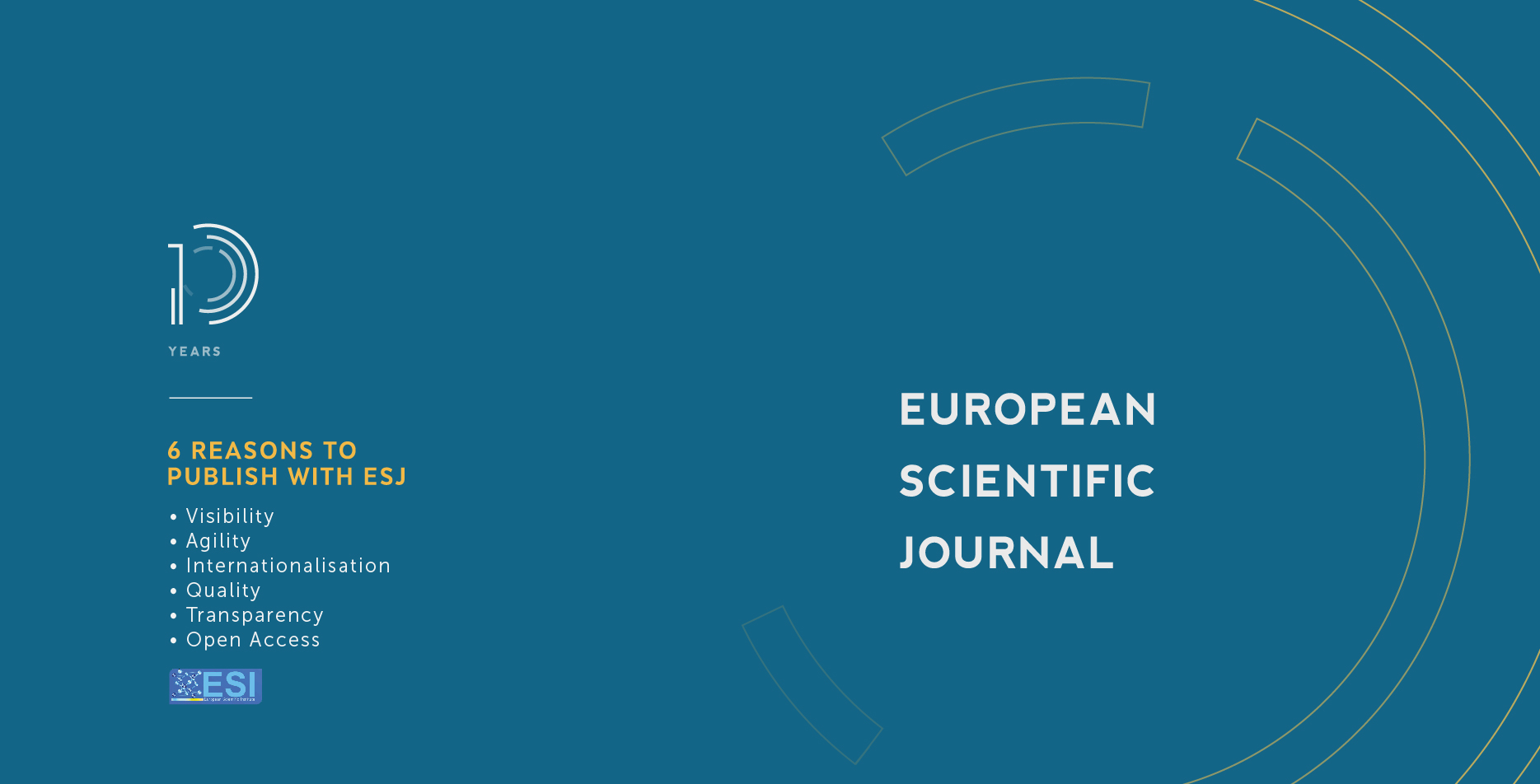Democratic Governance and Social Service Delivery in Africa: the case of Taraba State, Nigeria
Abstract
Postcolonial leadership is implicated in the distorted development and crisis of governance in Nigeria. The political leadership emerged from authoritarian traditions of the colonial state and pursued self-interests against collective societal interests; the mode of the emergence of the leaders as well as the context in which they operate usually impact on the nature and trend of social welfare provisioning. Relying on data from secondary sources, this study examined the impact of democratic governance on social service delivery with Taraba State and education as a case study. The data analysis was based on qualitative descriptive analysis. We found that the education sector under the two administrations between 1999 and 2014, was not prioritized in budgetary allocation, in contravention of UNESCO recommendation that 26% of the budget be dedicated to education. The study recommends, among others, that the government must show commitment to education as a matter of deliberate policy to allocate the required minimum percentage pecked by UNESCO to enhance educational development in Taraba state.
Downloads
PlumX Statistics
Copyright (c) 2021 Jonah I. Onuoha, Rimamchaten A. Lawi, Paul A. Onuh, Ifeanyi J. Onuoha

This work is licensed under a Creative Commons Attribution-NonCommercial-NoDerivatives 4.0 International License.








